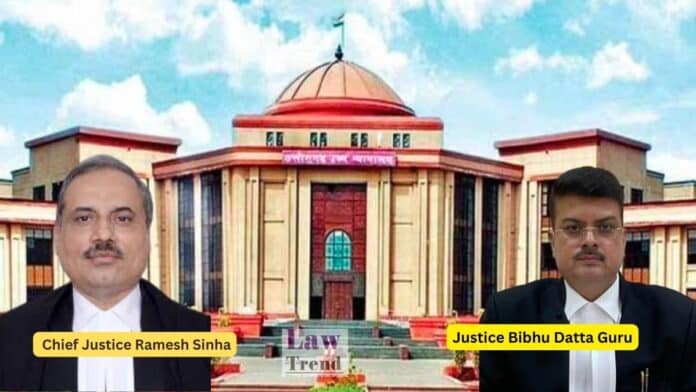The High Court of Chhattisgarh, in a significant ruling on the scope of judicial interference in arbitral awards, has dismissed an appeal filed by the State of Chhattisgarh against M/s Anjani Steels Limited. A Division Bench comprising Chief Justice Ramesh Sinha and Justice Bibhu Datta Guru, upheld an order of the Commercial Court, Raipur, which
To Read More Please Subscribe to VIP Membership for Unlimited Access to All the Articles, Download Available Copies of Judgments/Order, Acess to Central/State Bare Acts, Advertisement Free Content, Access to More than 4000 Legal Drafts( Readymade Editable Formats of Suits, Petitions, Writs, Legal Notices, Divorce Petitions, 138 Notices, Bail Applications etc.) in Hindi and English.




